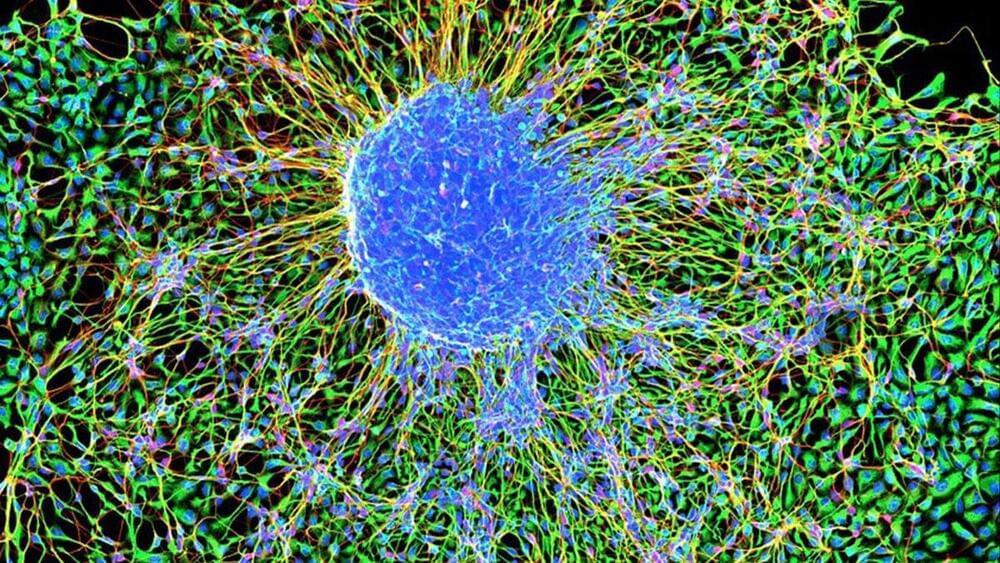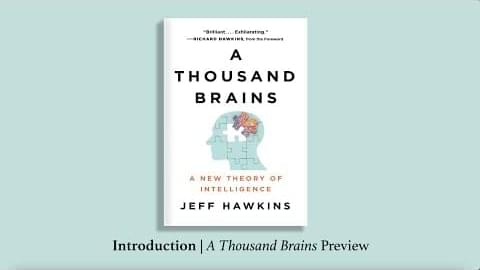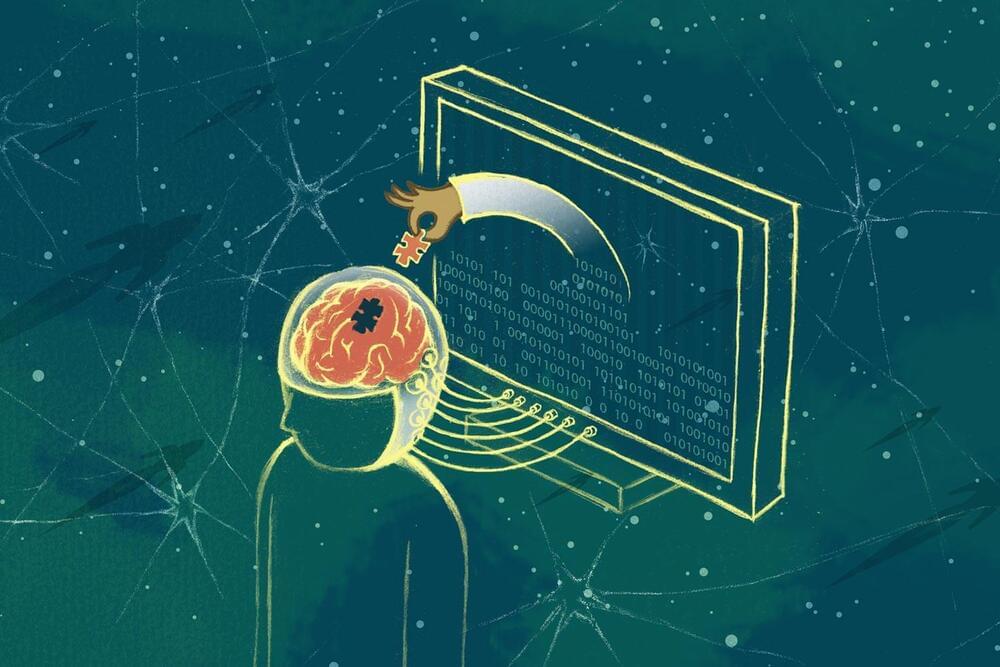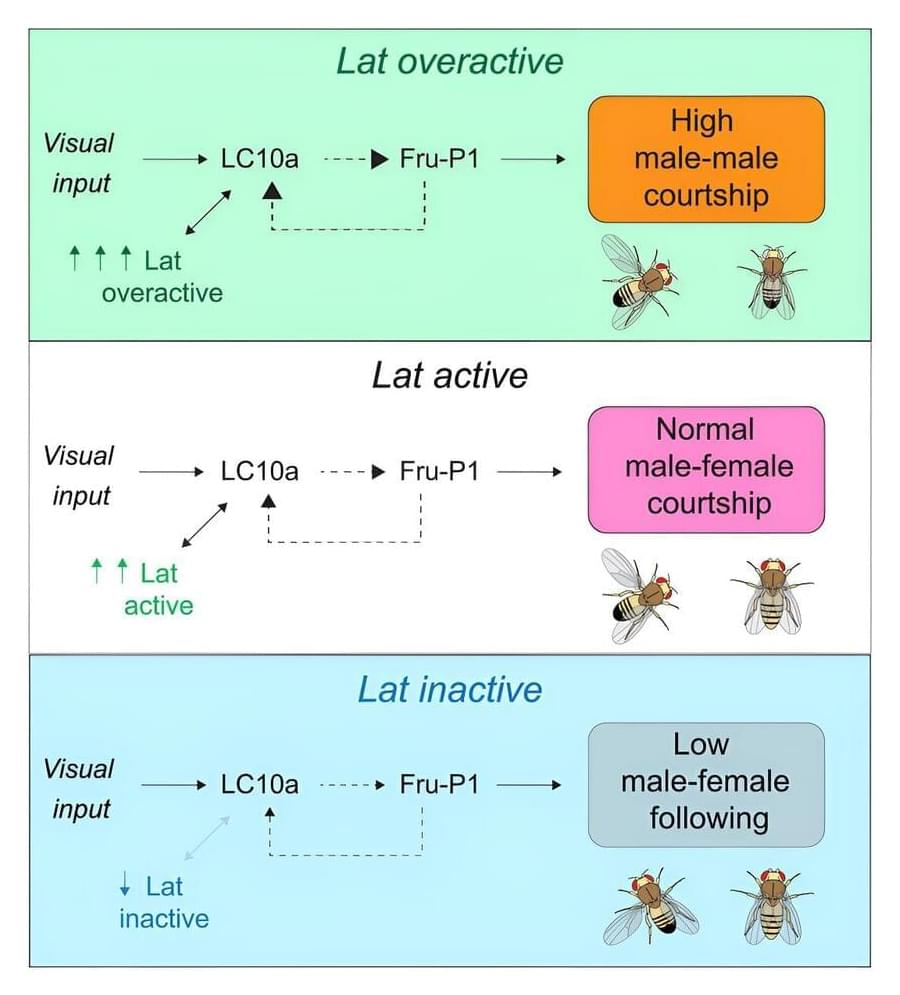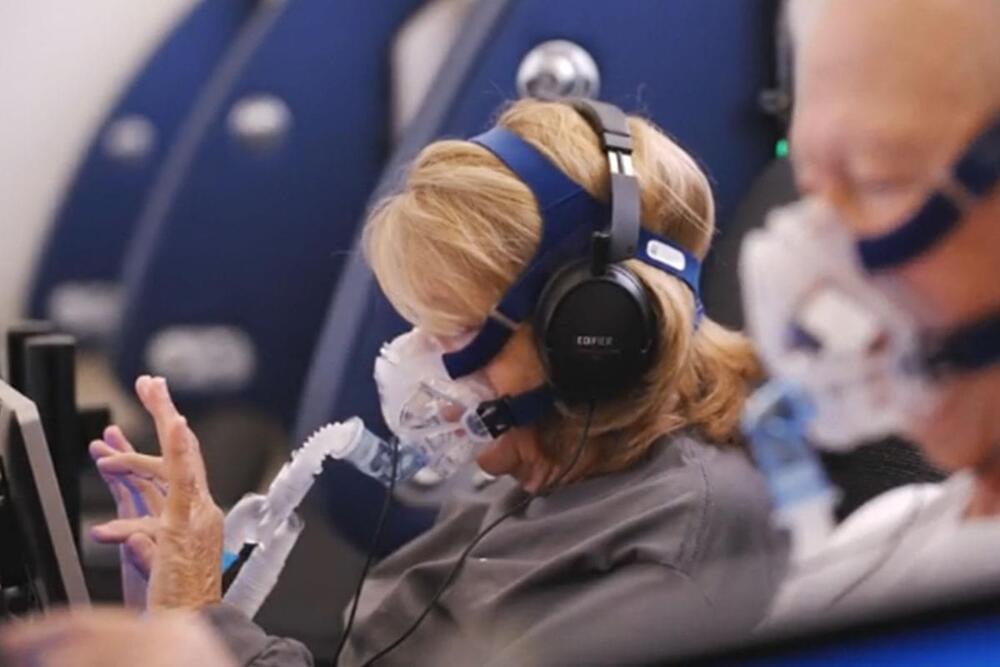
Recently, we spoke to Shai Efrati MD, Chair of Aviv Clinics’ Medical Advisory Board and Founder and Director of the world-leading Sagol Center for Hyperbaric Medicine and Research, about the longevity and healthspan benefits of hyperbaric oxygen therapy (HBOT). The Aviv Medical Program is designed for individuals experiencing cognitive and physical decline because of a variety of conditions, including stroke, post-COVID and age-related cognitive decline, Aviv also has an increasing number of clients who wish to improve their cognitive and physical performance and increase their healthspan.
One of Aviv’s patients is Patti Finnegan, a senior living in The Villages in Florida, and we sat down with her to find out what HBOT entails for the patient.
Longevity. Technology: At Longevity. Technology, we often cover therapies and treatments that have been developed or launched, discussing the science behind them and the possible results for the patient. What is less common, however, is to hear from the patients themselves – how did they find the experience and has it made a difference? What starts in a test tube or a white board ends up in a person, so it is important to retain a focus on the end user; after all, while patient population data is important, improving outcomes for actual people is the key goal behind longevity science – real people living longer, healthier lives.
